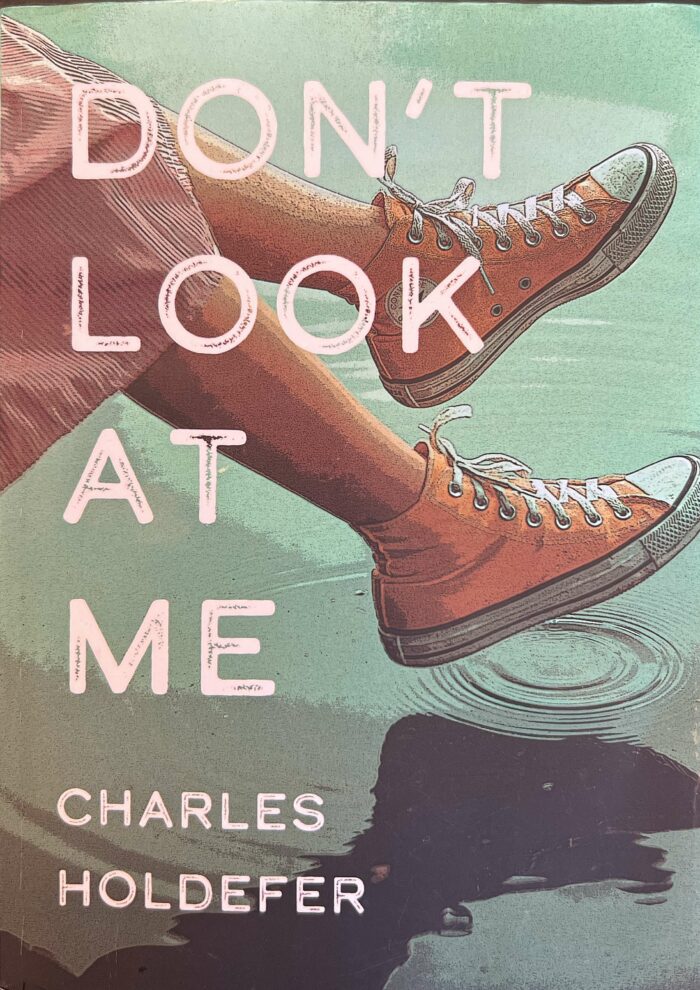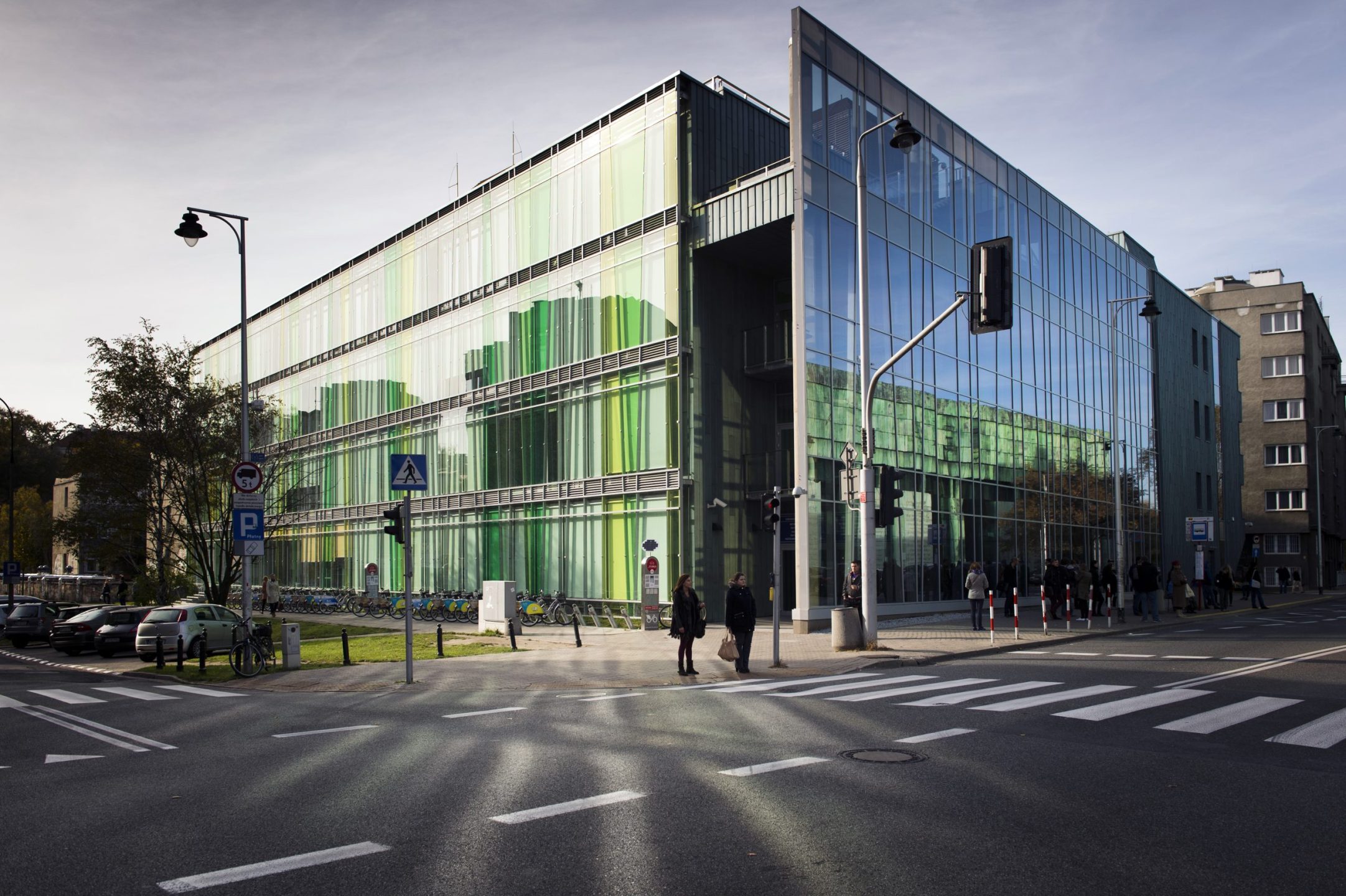We are delighted to invite you to the meeting with
Charles Holdefer
the author of novels and short stories,
most recently “Don’t Look at Me” (2022)
Appropriations of Emily Dickinson: the Persistence of the Poet
Thursday, April 20, 2023
at 4:45 p.m.
The event will be moderated by Prof. Tomasz Basiuk.
You can get 3 OZN points for participating.

Where?
Dobra 55, room 2.118
(the building features some mobility accommodations: ramp and lift)
Who?
Charles Holdefer is the author of several novels and numerous short stories, one of which won the Pushcart Prize. Charles Holdefer has published as a host of scholarly articles on American literature and a monograph on George Saunders’ Pastoralia. He holds an M.F.A. from The University of Iowa Writers’ Workshop and Ph.D. from the Sorbonne. He taught at the English Department at the Université de Poitiers in France. Charles Holdefer’s most recent novel is “Don’t Look at Me” (2022). Its protagonist, an unusually tall former basketball player, discovers a cache of unknown letters from Emily Dickinson to her lover which includes a major, hitherto unknown poem.




